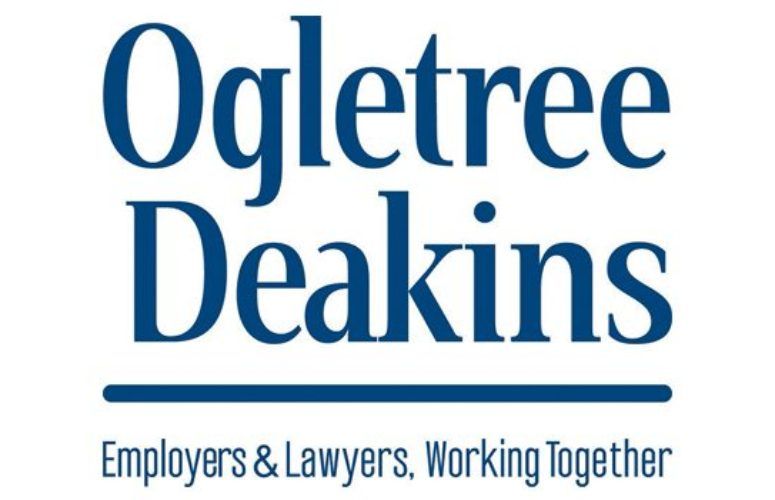
Alt-Funding for Health Insurance
Employers can benefit when claims are below expectations.
By Billy MacNair On Oct 2, 2017Health insurance offered in New Jersey is segmented into three markets based on an employer’s full-time equivalent (FTE) employees. Small group is the market for employers with under 50 FTE, mid-size is between 51 and 99 FTE, and large group for employers with 100 or more FTE. Employers with fewer than 500 eligible employees traditionally chose a fully-insured health insurance plan based on a spreadsheet prepared by their broker. However, in today’s business climate, your organization must make every effort to explore all available options, including alternative funding products such as Multiple Employer Welfare Arrangements (MEWAs), minimum premium and level funding.
As a purchaser, alt-funding may look and feel like a fully-insured health plan. However, the mechanics of the administration and funding are different. Your consumer experience will be the same as a fully-insured plan in that you will have access to customer service, your claims will be paid based on plan provisions, and you will be provided educational materials for your employees and their dependents.
With a fully-insured plan, the employer pays employees’ premiums each month, regardless of their actual health claims, and then receives a renewal (usually an increase) every year. With alt-funding, the employer still pays a fixed monthly amount, but if claims are below expectations, they get to participate in the windfall. There are protections in place so the employer doesn’t have to pay more than the fixed amount. All products available have reinsurance built into the plan cost that covers both specific per member claims and aggregate claims. In addition to the reinsurance, a safety net is built into the cost should an organization decide to move away from the insurance carrier/TPA that will covers the cost for claims incurred during the plan year, and have not been paid when the plan year ends.
The primary administrative difference between fully-insured and alt-funding arrangements is that fully insured plans are subject to New Jersey state insurance laws and alt-funding plans are not, they must comply with federal laws. Another considerable administrative difference between fully-insured and alt-funding is that fully-insured health plans include Healthcare Reform fees in the premium and the insurance carrier is responsible for reporting and rendering payment of any applicable fees. With alt-funding, the employer is responsible for submitting any reporting requirements and rendering payment of any applicable fees.
Be certain that both you and your insurance broker/consultant are performing due diligence in evaluating the available health insurance products, including alt-funding arrangements, to ensure both the company, and the covered lives are getting the most out of your health care dollars.
About the Author: Billy MacNair is vice president of employee benefits for Brown & Brown Benefits Advisors, an employee benefits consulting and brokerage firm with four New Jersey office locations.
Related Articles:






